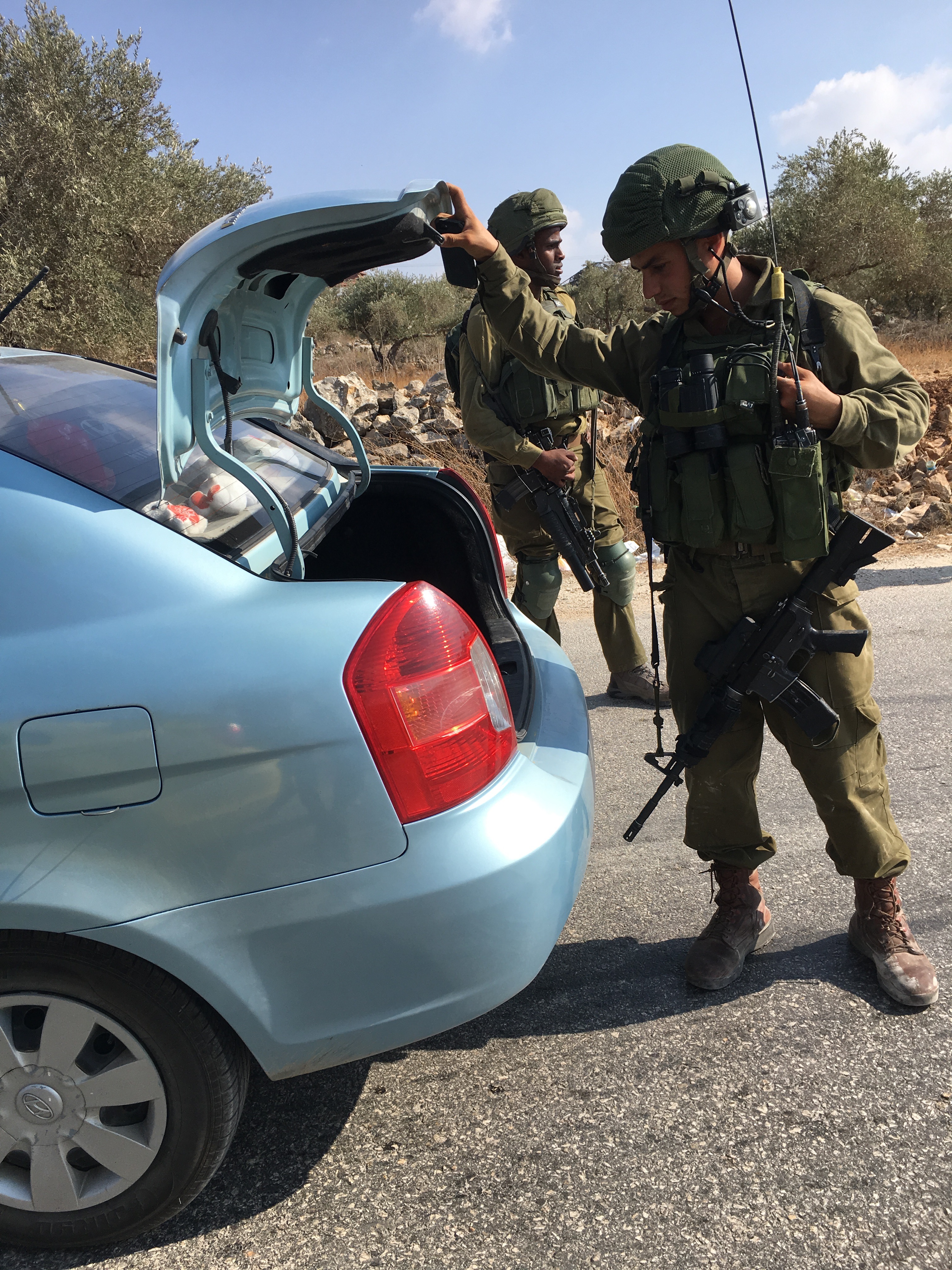Tag: Ethnic Cleansing
-
Israeli army restrict international access to Kafr Qaddum during confrontation
17th August 2017 | International Solidarity Movement, Nablus-team | Kafr Qaddum, occupied Palestine Israeli occupation forces blocked international access to Kafr Qaddum on Saturday, before apparently attacking Palestinian demonstrators for the second time in two days. The Israeli military set up a road block at the entrance to the village, which has seen weekly demonstrations…
-
Supporting Fayzeh
15th August 2017 | Supporting Fayzeh | occupied Palestine Many of you know Fayzeh and Issa Souf from the West bank village of Hares. Fayzeh has been recently diagnosed with advanced stomach cancer. She has been hospitalized for the last month and has began receiving chemotherapy. Issa and Fayzeh’s dedication, generosity and kindness have touched…
-
BDS conference in Australia: end complicity with Israeli apartheid
7th August 2017 | International Solidarity Movement, support group Australia | Australia Multi-award winning poet and playwright Samah Sabawi began Australia’s second and biggest national conference on Israeli Boycott, Divestment and Sanctions last week in Sydney, with words from the diaspora: “In 2005, after decades of failed negotiations, Palestinian civil society lit a candle in…


